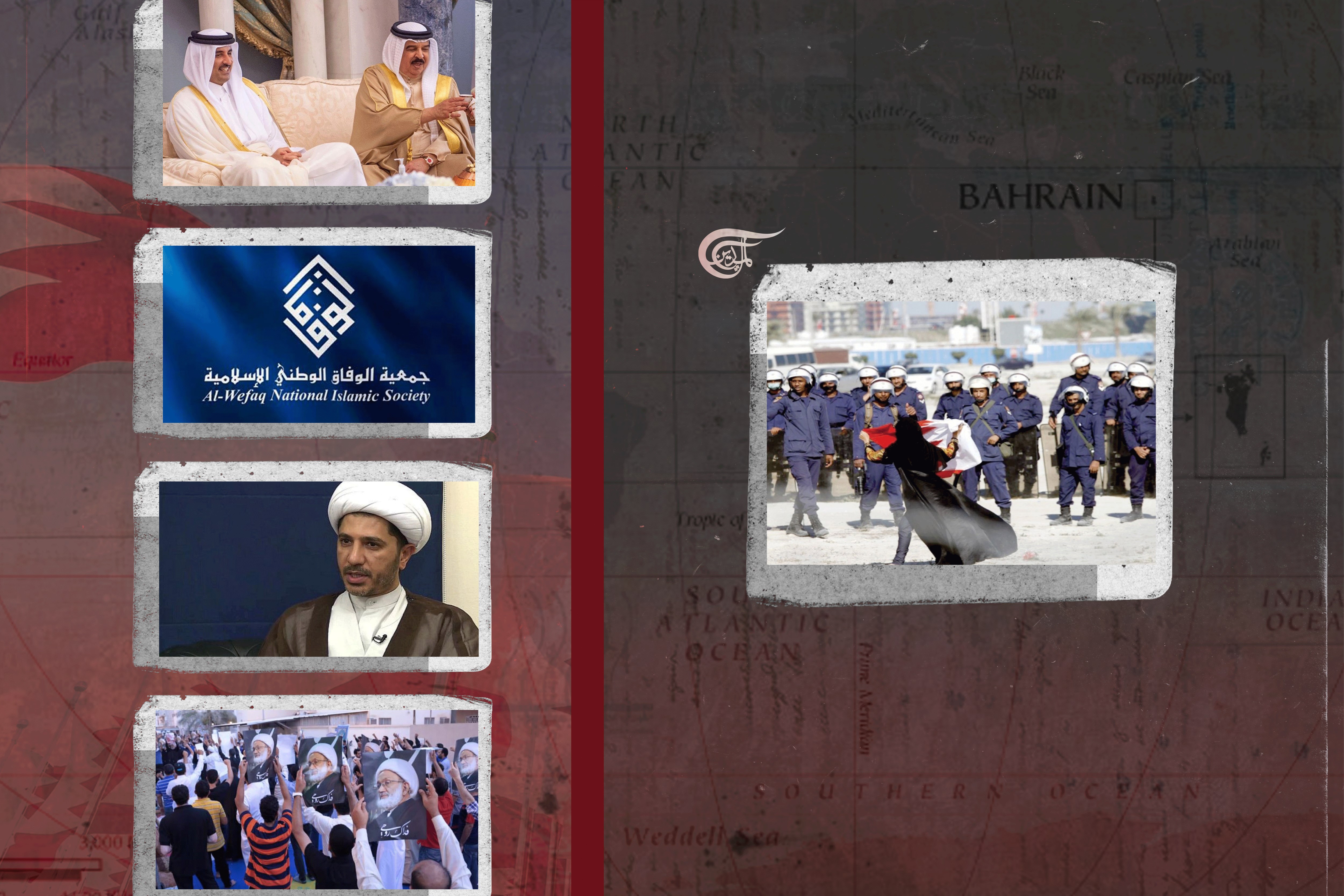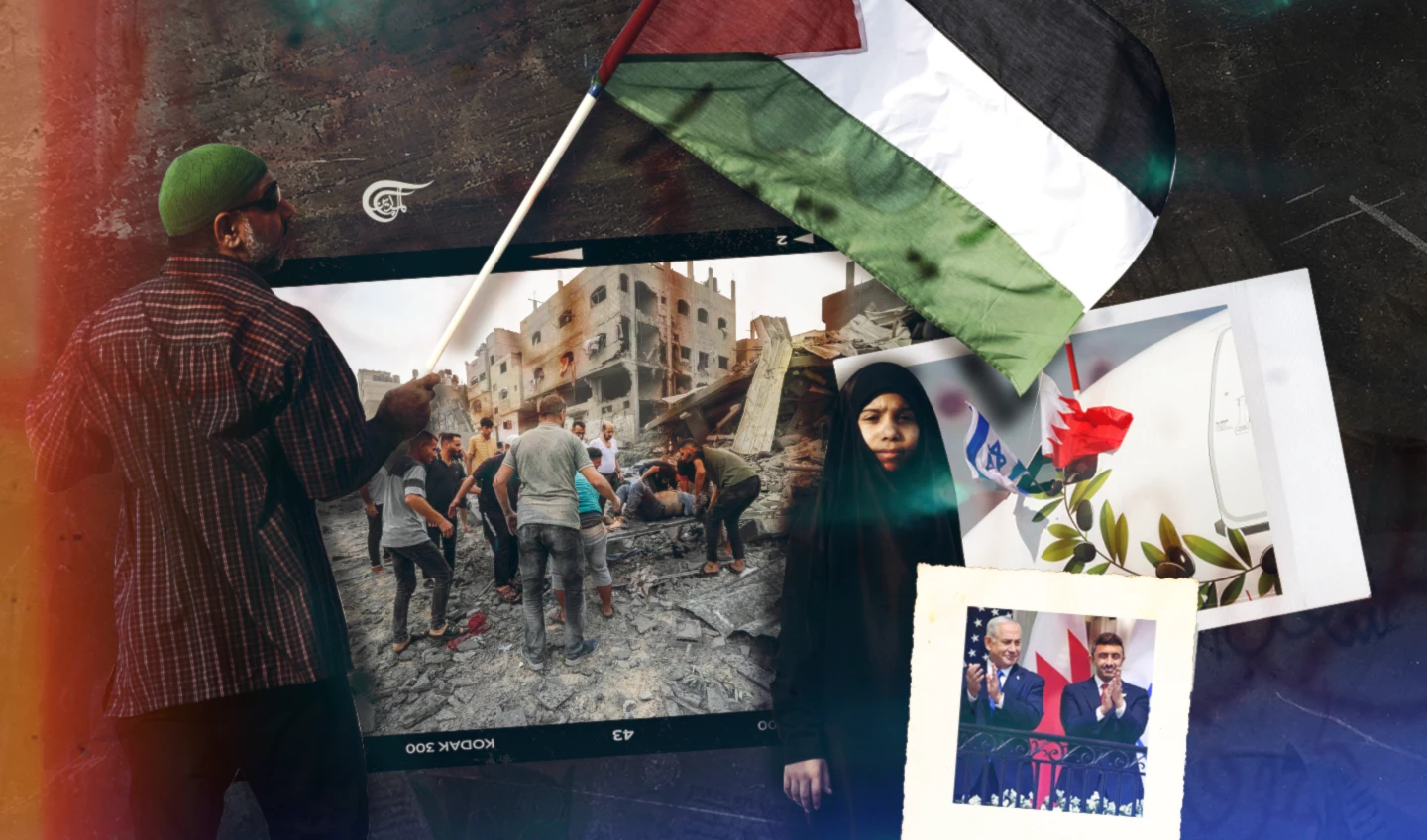Achieving Justice in Bahrain
Bahrain will be the fourth Arab country to host meetings of the 146th Inter-Parliamentary Union Assembly, despite its alarming human rights record and political amendments that hinder democracy by all means.
The Inter-Parliamentary Union (IPU) convening in Bahrain coincides with the ongoing imprisonment of Bahrain’s opposition leader, Sheikh Ali Salman, amid the ongoing political crisis for over a decade. This should be brought to the attention of international parliamentarians attending the scheduled meetings in Manama in the coming days.
Bahrain will be the fourth Arab country to host meetings of the 146th Inter-Parliamentary Union Assembly, despite its alarming human rights record and political amendments that hinder democracy by all means, using laws to keep activists and former opposition party members out of public office. The monarchy has systematically eliminated a broad range of political rights and civil liberties, dismantled the political opposition, and cracked down harshly on persistent dissent concentrated among the Shiite population.
Al-Wefaq’s General Conference’s rules stipulate that it works toward building a modern nation, in which sovereignty is by the people who are the source of all powers, in which popular participation in decision-making is available, and in which the principles of freedom, justice, and equality are achieved in light of the Islamic vision. It also stipulates that its mission should be “commitment to the issues of the homeland and citizens, and the pursuit of sustainable development in all its spiritual and material aspects derived from the Islamic vision through active participation in public affairs by peaceful and civilized means, in order to achieve prosperity and strengthen civil peace and national unity.”
We can also note the most important goals set by the Society for its members and which are listed in the rules of procedure in accordance with the following:
- Contribute to the political representation of citizens, participate in decision-making, and manage public affairs.
- Preserve the country’s gains and historical and civilizational achievements.
- Support reform projects and seek the adoption of the principle of peaceful transfer of power.
- Develop national awareness of public affairs, human rights, the rule of law, and democratic life.
- Work toward spreading virtue, justice, and equality in society.
- Strengthen civil peace and national unity and consolidate intellectual and civilized dialogue based on pluralism.
- Contribute to providing a decent life, security, and stability for all citizens of the country,
- Ensure equal distribution of wealth.
- Support the labor and trade union movement.
- Enhance the role of women and enable them to exercise all their rights in accordance with the provisions of Islamic Sharia.
- Give significance to youths and develop policies and strategies for their development.
In December 2014, the authorities arrested Al-Wefaq Secretary-General, Sheikh Ali Salman, and in June 2016, the High Administrative Court in Bahrain ordered the urgent closure of the Society’s headquarters and the seizure of all its accounts and its movable and immovable funds, as well as the suspension of its activities despite calls made at home and abroad not to paralyze the opposition movement, which is considered a necessity for the stability of countries that adopt a monarchical rule. At that time, the scene unfolded, and it became clear to everyone that it was not possible to develop the system of government and continue with the reform project announced by the King of the country after the adoption of the National Action Charter in 2001.
The foremost responsibility of the people’s representative house is oversight and accountability, but when the possibility of legislation dwindles in Arab countries that adopt the authority of one vote, where the legislator is not allowed to propose or approve a law that may conflict with the personal interests of the ruler, it is clear that powers are limited to small or specific matters under the banner of the necessity of stability and not offending the state in front of external public opinion. However, one of the biggest principles the opposing Al-Wefaq bloc has worked toward is achieving social justice and equality among citizens of different sects. This part did not appeal to the authorities in Bahrain, even though the political participation of Al-Wefaq from 2006 to 2011 achieved only small gains, according to what many observers at home and abroad assessed.
At the time, Al-Wefaq MPs had only limited legislative powers under the parliamentary system adopted in Bahrain, in which the authorities gave broad powers to the 40 members of the Shura Council appointed by the King, which are superior to the powers of the 40 elected MPs, noting that Al-Wefaq won 16 seats in the second legislative term and 18 seats in the third legislative term, before Al-Wefaq MPs resigned in protest of the events of February 14, 2011, which came in line with the demands of voters after citizens calling for democracy were martyred.
Al-Wefaq’s efforts to bring about political change did not succeed as planned during the political discussions at the annual conferences of the Assembly but led to the arrest of its Secretary-General in two consecutive cases, both of which were fabricated by the authorities, specifically, the Ministry of Interior, which has not stopped targeting innocent civilians and politicians defending civil, political, social and cultural rights. It also sentenced two MPs in absentia to life imprisonment and arrested a fourth MP who is still serving a 10-year jail term with the absence of any incriminating evidence, according to the testimony of observers and international human rights organizations.
The authorities punished Al-Wefaq MPs, and the political horizon was shuttered. This cannot be overlooked by those present at the meetings held in Bahrain, as there's still hope for the release of Sheikh Ali Salman and Sheikh Hassan Isa, who were MPs that represented the people in parliament.
Note: The General Conference of Al-Wefaq is the regulatory organ that has the supreme authority, modifies the statute, and elects the Secretary-General, his deputy, and the members of the Consultative Council, and the arbitral tribunal.

 Ali Al-Aswad
Ali Al-Aswad
 6 Min Read
6 Min Read








